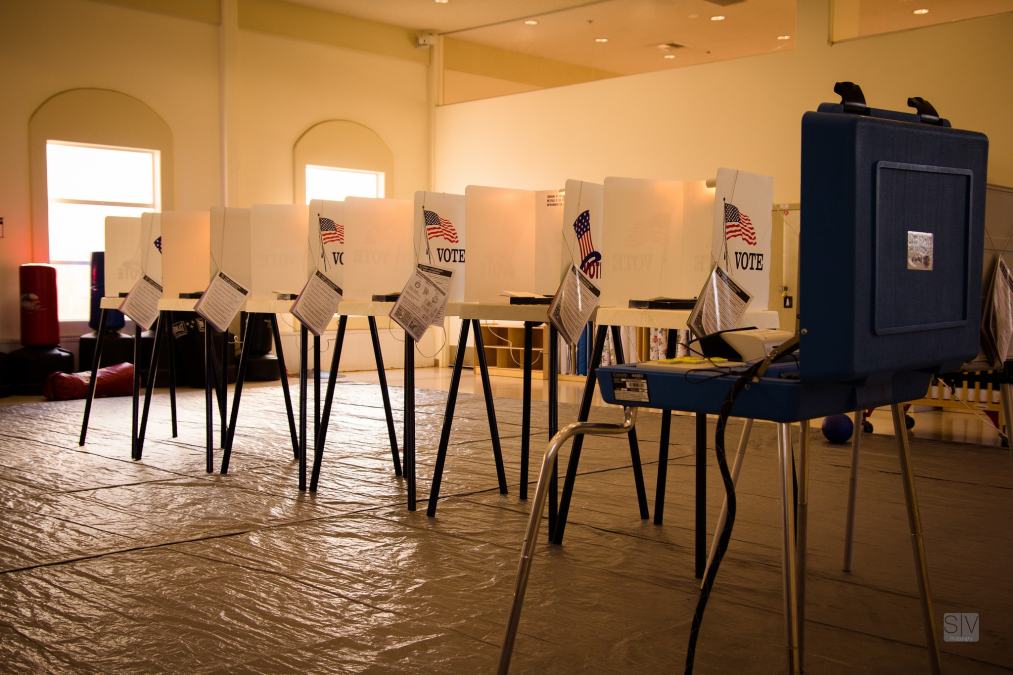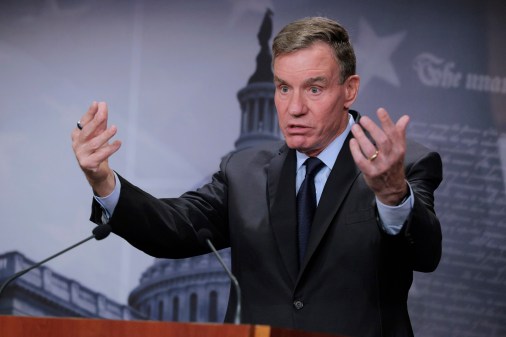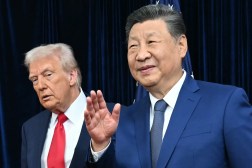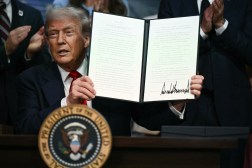U.S. intel community is looking back to see if past elections were hacked

The U.S. intelligence community has begun conducting a comprehensive, historical review of past hacking attempts against U.S. presidential elections dating as far back as at least 2008, the White House said Friday. This report will be completed by the end of President Barack Obama’s tenure and its results will be shared in full with Congress and other stakeholders — and in a redacted format for review by the American public.
Obama ordered the report from the U.S. intelligence community earlier this week. The president’s motivation to do so was unrelated to recently announced efforts that lawmakers organized to independently investigate malicious cyber activity directed at the most recent presidential election, said deputy press secretary Eric Schultz.
Regarding calls from Senate and House lawmakers to be briefed on these investigations, Schultz said the White House is already in talks with some congressional committees.
In an emailed statement to CyberScoop, Sen. Mark Warner, D-Va., said that while he is pleased by the president’s plan, Congress must also play a “proactive role” in the investigation. Warner is the incoming vice chairman of the Senate Select Committee on Intelligence.
“I know that one of the primary missions of the intelligence professionals in this country is to render their best professional judgment, regardless of political considerations. I look forward to working in a bipartisan manner to ensure this matter is thoroughly investigated,” Warner said.
Though there is no evidence to suggest any related incidents occurred in 2012 or 2016 on a scale large enough to impact the outcome, the White House would like to apply new information and technical capabilities for greater context. The apparent objective is to uncover any potential pattern of digital interference, evident across multiple elections.
It is the White House’s hope that information contained in the report may be used to inform future administration on how to best protect the U.S. in cyberspace.
Schultz added that while the Obama administration will look to build upon recommendations issued in the report recently published by the Commission on Enhancing National Cybersecurity, the next presidency will have its own set of choices for funding, developing and prioritizing cybersecurity-related initiatives.
In the run-up to the 2008 presidential election, computer systems relied upon by the campaign staff for both Obama and his opponent, Sen. John McCain, R-Ariz., were hacked by a nation-state. At the time, it was widely reported that Chinese hackers caused the data breaches.
A number of other countries, including Germany, are worried about similar attempts in their own upcoming elections.
The results of the White House’s report will be eventually shared with state and local election administrators across the U.S. But Schultz declined to say whether the Trump transition team was aware that such an investigation would occur.
A current member of the Senate Intelligence panel said Congress should keep the pressure up.
“Over the past six months I’ve become increasingly concerned by efforts of the Russian government to influence our election, and I agree with the Director of National Intelligence and the Secretary of Homeland Security that only the senior-most government officials in Russia could have ordered this effort,” Sen. Dianne Feinstein, D-Calif., said in a statement. “I believe we need to understand exactly what happened, how it occurred and how we can prevent it from happening again.”






